What is the best way to ask for a pay rise?
When requesting a pay raise from your boss, it's important to approach the conversation thoughtfully and professionally. Consider the following key factors before initiating the discussion:
Self-Assessment: Evaluate your performance and contributions to the company. Consider specific examples of how your work has added value, such as exceeding targets, taking on additional responsibilities, or achieving significant milestones. Prepare a list of achievements to demonstrate your worth to the organization.
Market Research: Research salary benchmarks for your role and industry. Understand the average compensation range for similar positions in your geographical area. This information will help you establish a reasonable and competitive salary expectation.
Timing: Choose an appropriate time to request a pay raise. Ideally, align your request with a performance review, the completion of a successful project, or when you have demonstrated consistent high performance. Avoid sensitive times, such as when the company is facing financial challenges or when your boss is overwhelmed with other priorities.
Preparation: Create a compelling case for why you deserve a raise. Clearly articulate how your responsibilities have evolved, the impact of your work, and any additional value you bring to the organization. Anticipate potential questions or objections and prepare responses to address them effectively.
Professionalism and Confidence: Approach the conversation with professionalism, confidence, and a positive attitude. Clearly communicate your request, highlighting your achievements and the reasons you believe you deserve a raise. Avoid comparing yourself to colleagues or making demands; instead, focus on your own contributions and the value you bring to the company.
Financial Justification: Be aware of the financial health of the company and how your pay increase fits into the overall budget. If possible, align your request with the company's growth or positive financial results, emphasizing how your contributions have contributed to these achievements.
Long-term Goals: Discuss your career aspirations and how a pay raise aligns with your professional development. Highlight your commitment to the organization and your willingness to take on additional responsibilities or contribute in new ways.
Alternative Benefits: If a pay raise is not immediately feasible, consider alternative benefits such as increased vacation time, flexible working arrangements, professional development opportunities, or performance-based bonuses. Be open to discussing options that can enhance your overall compensation package.
Active Listening: Be open to feedback and listen to your boss's perspective. Understand any concerns or constraints they may raise and respond professionally. Maintain a positive attitude and a willingness to collaborate on finding a mutually beneficial solution.
Follow-up and Next Steps: After the conversation, ensure you have a clear understanding of the next steps. If a pay raise is granted, clarify when it will take effect and any related documentation required. If a raise is not approved at the moment, discuss a timeline for future discussions or potential performance metrics to work towards.
Remember, each work environment and employer is unique, so adapt these considerations to your specific situation. Effective communication, a well-prepared case, and a professional approach increase the chances of a successful outcome when requesting a pay raise.




